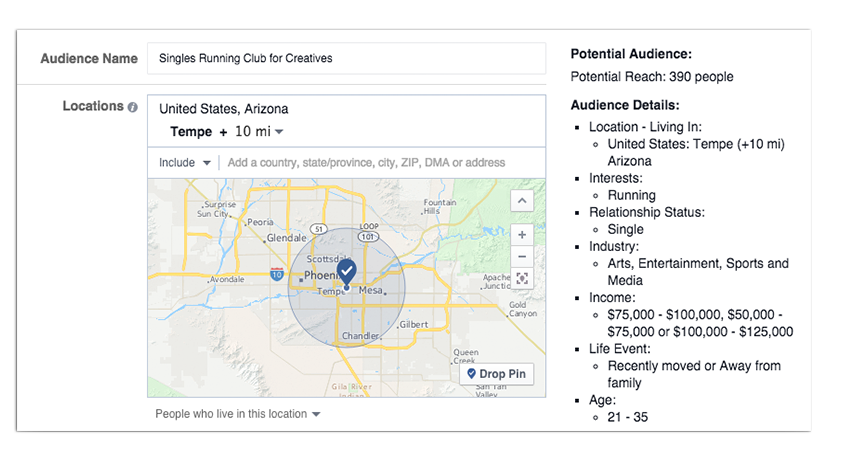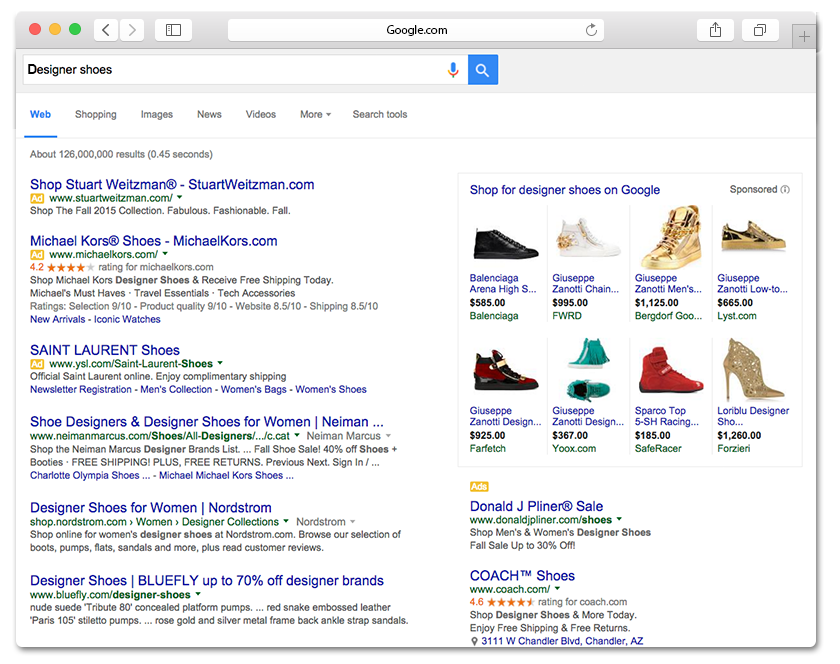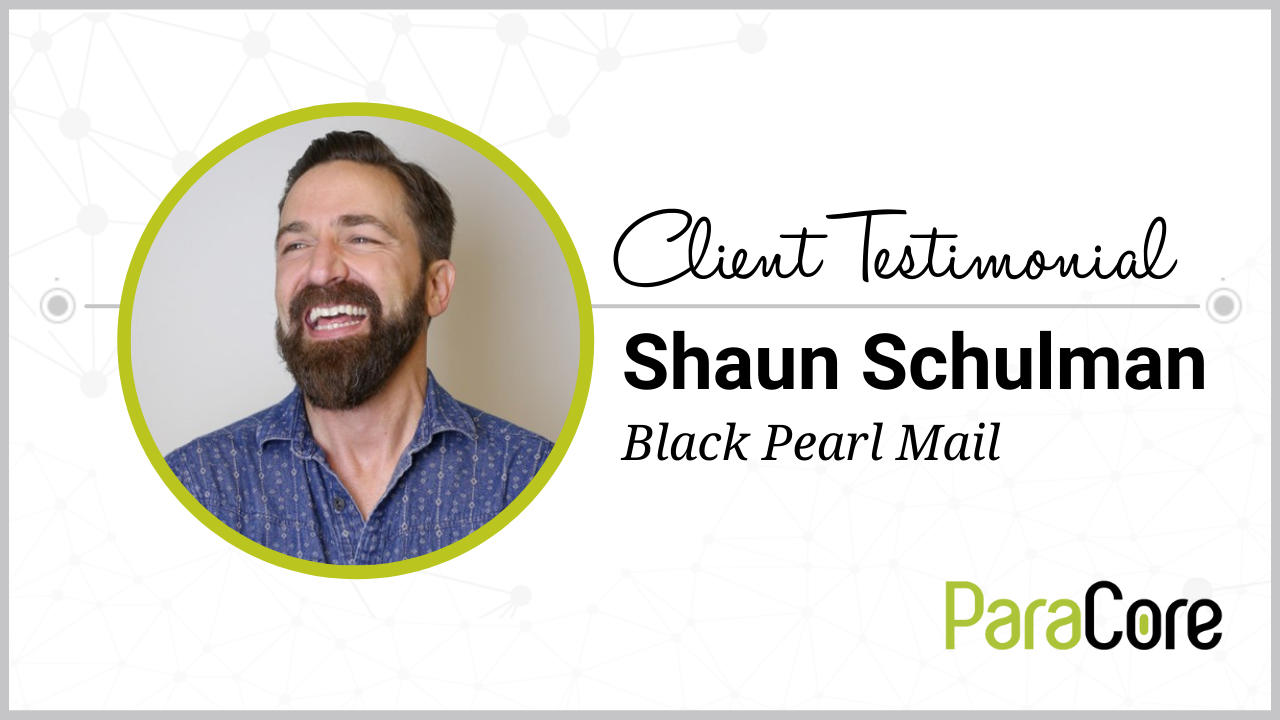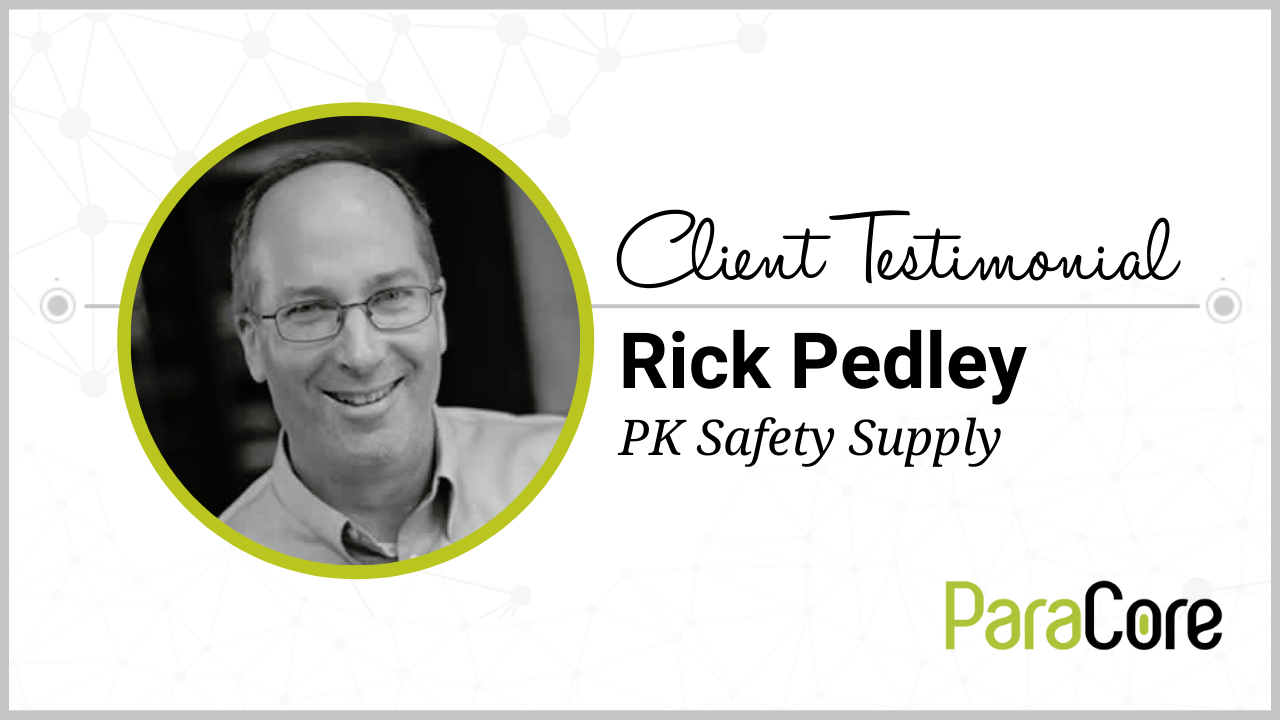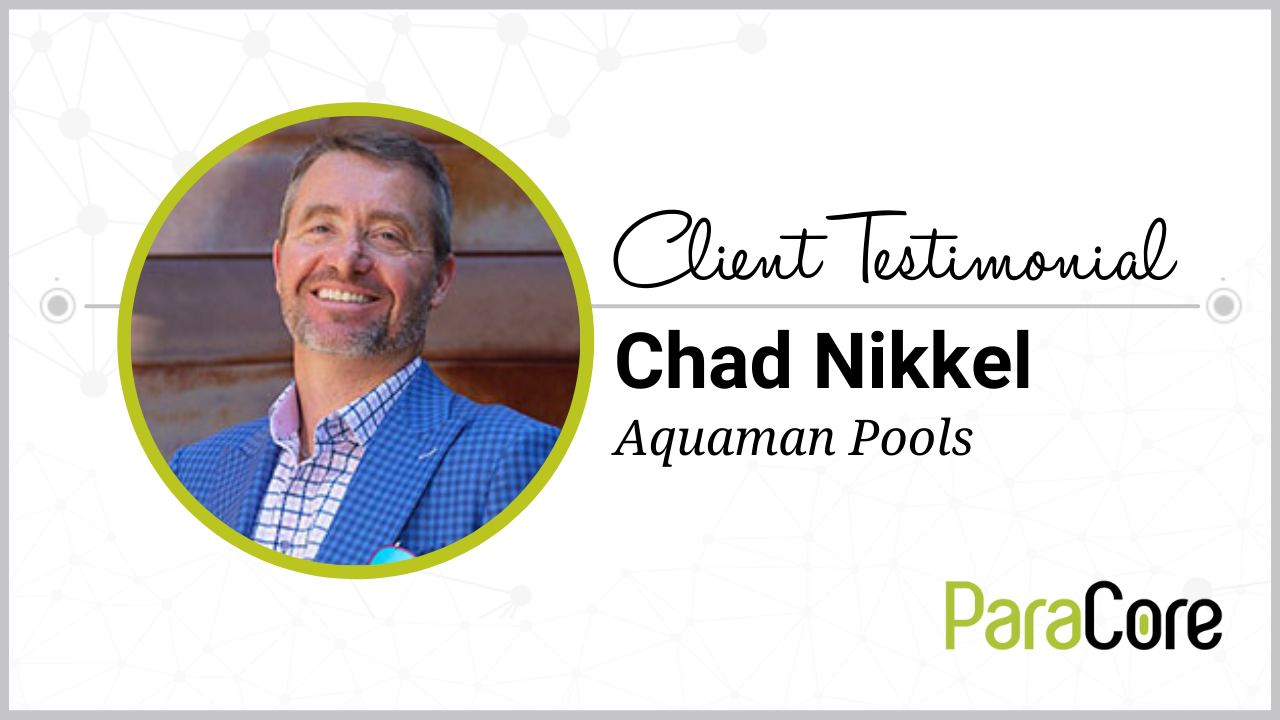Here are the 7 questions you need to ask yourself when trying to decide between investing in Google AdWords and Facebook Ads?
1. Does your business solve a time-sensitive problem?
Time-sensitive problems require immediate attention. Something happened, it needs to be fixed, and you’re searching for a solution.
Did your child fall and you need an urgent care facility? That’s an emergency and very time-sensitive. Are you looking for a specific book right now? Not an emergency, but you need to buy a book and you’re searching for the book right now.
Did something happen and you need a plumber? Time-sensitive emergency. Enough said.
Google AdWords. Google is the go-to for solving problems. When you need something right now, you start with Google. Need to find an urgent care facility, book or plumber? They’re right at your fingertips.
Facebook Ads. Facebook isn’t a search engine. I searched “plumbers in Tempe” on Facebook and saw a few folks that are plumbers, but they’re certainly not plumbing companies. Even after clicking places and pages, no plumbing companies to be found.
Winner: Google AdWords!
2. Is your business location-specific?
Location-specific businesses serve a geographic area and are less relevant outside of that area.
An example of a location-specific business might be your pool cleaning company and you only want to service pools in a certain part of town. Or, your dental practice would be geographically restricted because people often don’t travel far from home for dental work.
Google AdWords: Google AdWords provides excellent geographic targeting. You can run your ads by zip code, city, state, radius, and more.
If someone is looking for your service in a particular area, you can restrict your ads to appear just for them. The following example shows results for “dentist in Tempe.”
Looking for a dentist? You’ll be able to find one here!
You’ll also see that the first three results are paid advertisements, the ads in the right column are also paid and then the three-pack of local results appear in the “organic” content area.
The only way to guarantee premium real estate on the first page is through Google AdWords.
Facebook Ads. Facebook also has great geographic targeting. Its options aren’t as extensive or flexible as AdWords, but you can control your market to meet most needs.
Facebook works well for advertising restaurants or services that are visited regularly but might have been forgotten by the consumer. Advertising your law firm might not be effective because visits are so infrequent, but running a special for your restaurant, yoga studio, or coffee shop would drive interest due to the frequency of visits.
Winner: Google AdWords by a smidge.
3. Are you raising awareness for your product?
Are you promoting the latest chili cook-off? Offering a webinar or educational workshop about your services? Does your product solve a problem that your customers didn’t realize they had?
Sometimes you’re introducing your product to customers who wouldn’t be actively looking for you.
Consider HelloFresh, Plated, and Blue Apron. Originally, these home delivery food providers introduced a concept the general public hadn’t seen yet. They needed to raise awareness about their service because people wouldn’t be actively searching for them.
Google AdWords. Consumers go about their day solving problems that surface. They generally react to those problems by trying to find solutions.
“I need to schedule a dental appointment. I’ll find a dentist on Google.”
“I want a coffee. Where’s the nearest coffee shop?”
They don’t often “explore” the internet trying to find workshops, events, or new products. For this reason, Google AdWords search has a difficult time helping you raise awareness.
When raising awareness, you want your advertising pushed in front of your target demographic. You don’t want to rely on them seeking you out.
Facebook Ads. On Facebook, ads are pushed in front of visitors based on your demographic targeting. You’re not relying on the visitor to take action and then serving ads.
If you’re planning an event or launching a new product, Facebook is great for helping raise awareness because you’re forcing the consumer to see your ad.
On mobile devices, the ads look similar to standard posts except they say “sponsored” just beneath the name of the company. Facebook also controls the frequency of their delivery which is helpful for getting the exposure you want.
Winner: Facebook!
4. Do you want to target by interests or demographics?
In many cases, the customer’s active search aligns their demographic profile with your product.
But what if you’re trying to raise awareness (question 3) and need to target a specific type of individual? You may want to target by their personal interests, gender, age, or other characteristics.
Google AdWords. In Google’s traditional search marketing, you can’t filter your ads by demographic characteristics.
For example, if you’re advertising makeup and want to show your ads to just women, you don’t have the ability to restrict your delivery to that market. The ad delivery partially manages itself since primarily women search for makeup, but it’s not controlled by the advertiser.
The targeting would fall short if you wanted to raise awareness for a beauty expo in your area. Not only does Google search perform poorly in raising awareness, but you can’t filter by demographics either.
Facebook Ads. Facebook’s entire platform is built on demographic profiling and interests.
Look at it this way, nearly anything tracked in your Facebook profile can be used by advertisers to target you. Some of the most interesting targeting variables include:
- If you are romantically interested in men or women
- The company where you work
- Your income range or net worth
- If you own or rent your home
- Your political preferences
- Recent life events such as marriage, a recent move or a new job
The following example targets individuals that might be interested in a singles-run club in Tempe for successful creative professionals. That’s right, all 390 people within 10 miles of Tempe will see your ad.
This is an extremely small segment that is likely too narrow of a market for most, but it illustrates the point of Facebook’s power.
Winner: Facebook!
5. Are you marketing to new or existing customers?
Sometimes we’re looking to reach new customers and other times we’re looking to reach our existing base.
Google AdWords. It’s impossible to know if a Google user is a current or prospective customer.
If you want to reward existing customers with a discount, you aren’t able to do that with Google search. Google doesn’t have a way of knowing if that user has previously engaged with your company.
Facebook Ads. On the other hand, in Facebook you can target someone that’s engaged with your brand or target friends of people that have engaged with a brand.
Again, anything you do in Facebook can be targeted by advertisers.
Facebook also has a feature that allows you to upload a customer list of emails which then match against the emails of Facebook users. If your company has a list of 10,000 customer emails, this list can be uploaded to Facebook, and the users with those emails can receive loyalty or retargeting ads.
Winner: Facebook!
6. Is your business heavily reliant upon reviews?
Reviews and referrals are important for every business, but some businesses rely on them more heavily. Restaurants, contractors, hair salons, and other personal services companies live and die by reviews.
Professional companies don’t receive as many in today’s business environment, but we can see that shifting over the next few years.
Google AdWords. Google integrates your review score right in your AdWords ad and organic search results.
There are certain qualifications for your rating to appear, but the impact of their appearance is substantial when there are a dozen companies competing for attention on the page. Consumers gravitate towards companies with a better review profile.
Facebook Ads. Facebook does have a review feature on their business pages, but these reviews cannot be brought into your ads.
Even though you can’t directly pull in reviews, there’s an aspect of social credibility with likes and comments that can have the same effect as reviews. Unfortunately, direct review integration isn’t possible and the social credibility can be be hard to create. It may even backfire with negative comments.
Winner: Google AdWords!
7. Does your business receive a lot of call activity?
Do you receive a lot of calls from customers?
If you’re a restaurant, retail store, plumber, electrician, or other service company, customers might need to call you. Your phone number needs to be easily accessible so contacting you is simple and straightforward.
Google AdWords. AdWords provides a call extensions feature that associates a phone number with your ads. When your ad appears, your number will be shown next to it on desktop computers and a call button may appear on mobile devices.
The feature makes it simple for potential customers to call when seeing your ads. You can also set up dynamic number insertion to track each phone call. This is an incredible feature and can be used on the ad itself or on your website.
Facebook Ads. Facebook doesn’t offer features to associate a phone number with your.
Winner: Google AdWords!
Conclusion? No Clear Winner.
Each platform has different strengths and weaknesses that benefit your company differently.
Need to raise awareness? Facebook is a great option.
Helping someone solve a time-sensitive problem? AdWords is a good start.
Need more assistance in making a decision? Connect with us!
Related Posts
- What Is The Difference Between PPC and SEM?
- PC Audit Handbook: How to Analyze Your PPC Campaigns
- The Best PPC Tools of 2022, As Told by PPC Experts
- Beginner’s Guide to UTM Tags & Tracking
- Generate Leads with Facebook Lead Ads
- Cost-per-click vs. cost-per-acquisition: Are you tracking the right PPC metrics?
- How Does Pay Per Click Work?
- Benefits of PPC
- Why Should I Invest in PPC?
- What is Google PPC Advertising?
- Facebook Retargeting Strategy
- Introduction to ManyChat
- Case Study: Return on Ad Spend Optimization
- 🎁🎄 Holiday Ad Spend Strategy
- Should You Be Running Branded Ads?
- SEO vs SEM
- CTAs for YouTube Ads
- Case Study: 258% Increase in Conversions
- Traffic Campaign Strategy
- No Captions on Facebook Ads or YouTube? You’re Killing Performance
- LinkedIn InMail Website Re-targeting

